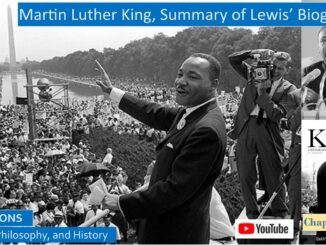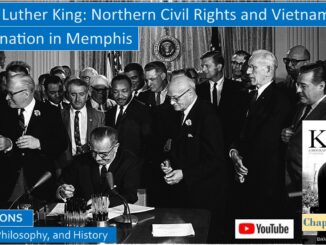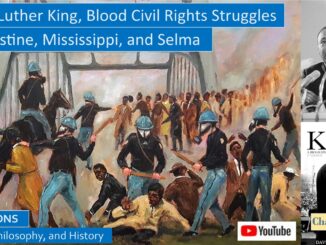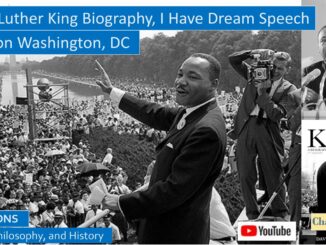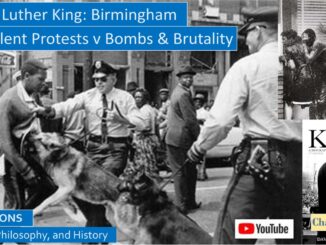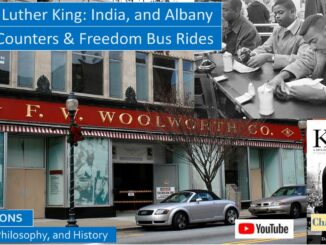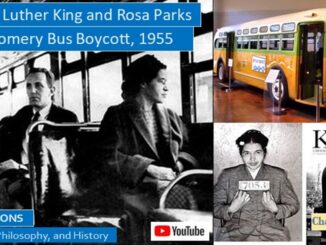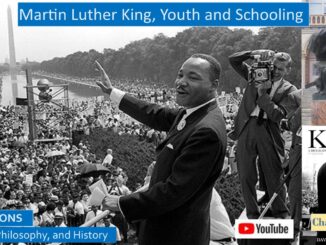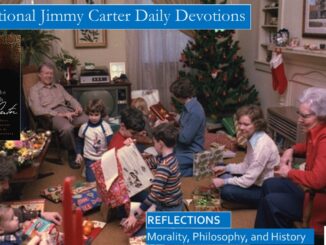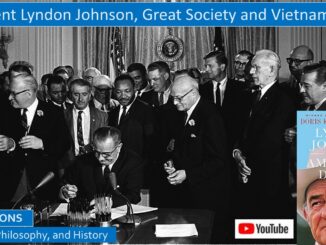
Presidency of Lyndon Baines Johnson, Civil Rights, Great Society, and Vietnam War
Addressing Congress, LBJ proclaimed: “No memorial or eulogy could more eloquently honor President Kennedy’s memory more that the earliest possible passage of the civil rights bill for which he fought so long.” “We have talked about civil rights for one hundred years or more. It is time now to write the next chapter and write it in the books of law.”
LBJ continued, “Let us put an end to the teaching and the preaching of hate and evil and violence. Let us turn away from the fanatics of the far left and the far right, from the apostles of bitterness and bigotry, from those defiant of law and those who pour venom into our nation’s bloodstream.” […]

